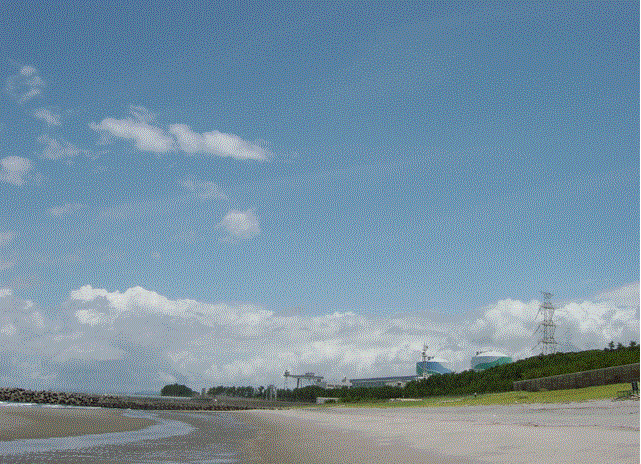
Kyushu Electric may not lower retail prices amidst deregulation: Moody's
Will the company remain profitable?
Kyushu Electric's Sendai 1 nuclear reactor completed its required maintenance inspection, and resumed commercial operations recently, according to Moody's.
The reactor had restarted in August 2015 for the first time since Japan's nuclear reactors were mothballed subsequent to the March 2011 earthquake and tsunami. Despite the fact that a governor who was cautious about nuclear restart throughout his campaign was elected in the region, Sendai 1 was able to emerge as scheduled from its latest inspection.
A second reactor, Sendai 2, followed suit and restarted in October 2015, and went into its required inspection on 16 December 2016. Given that the reactor is substantially similar to Sendai 1 in terms of its geographic location, type of unit, size and age, Moody's anticipates it will emerge from the inspection in the coming couple of months just like Sendai 1.
Here's more from Moody's:
Operating the two Sendai reactors will improve the utility's cost competitiveness, which is credit positive.
At the time of the second fiscal quarter (September 2016) earnings release, Kyushu Electric estimated that each of its nuclear reactor will improve the company's profitability by about JPY 5 billion per month on average.
Furthermore, the company's customer attrition rate since the electricity retail deregulation in April 2016 has been moderate relative to some of the other nuclear-focused utilities.
As a result, the company may not lower its prices even in the face of deregulation, leading to higher profits and cash flow from having two nuclear reactors -- or four reactors, if and when the Genkai 3 and 4 reactors also restart -- in operation.
These factors combined increase the likelihood that the utility will be profitable on a sustainable basis.
Having said that, Moody's expects the company to remain highly reliant on debt. Multiple years of net losses in the past combined with the need to invest in safety assessments and construction of power plants will protract the deleveraging process. Sustainable levels of profits and cash flow should slowly reduce the company's leverage over time.
Further clarity in policies regarding Japan's nuclear generation, lower legal risk, a steady and predictable business environment, an ability to consistently operate four nuclear reactors, solid cash flows, and significant deleveraging of its balance sheet could have positive implications for the ratings.
These improvements should lead to continued improvements in credit metrics, including (CFO pre-working capital less dividends) / debt exceeding 10%.


















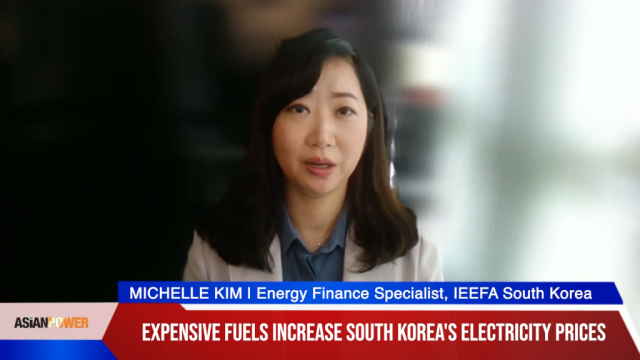
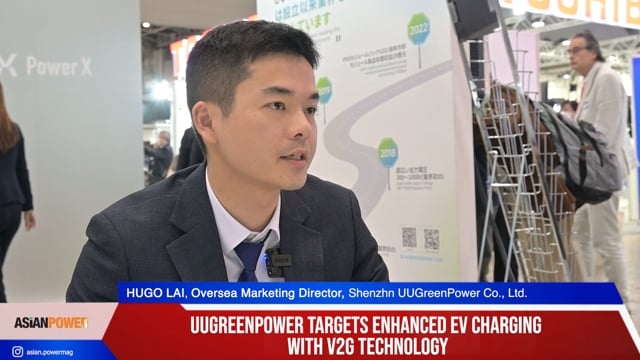
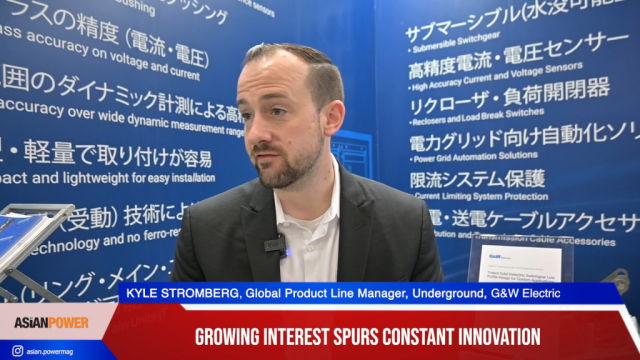
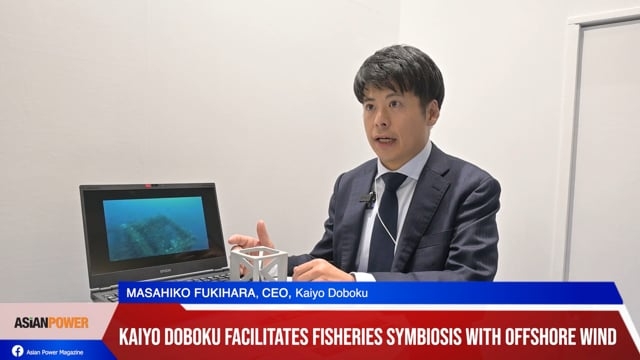

 Advertise
Advertise







